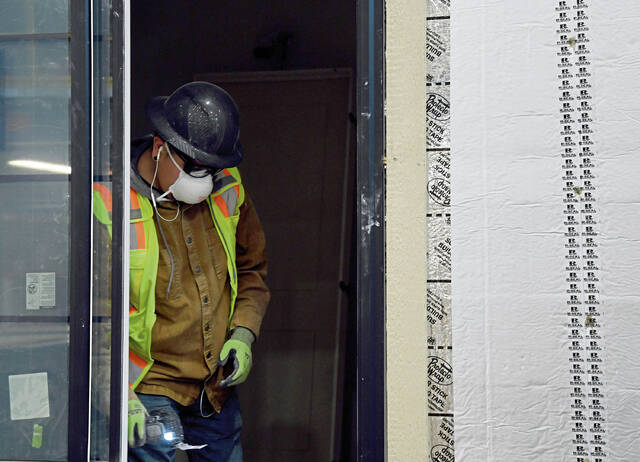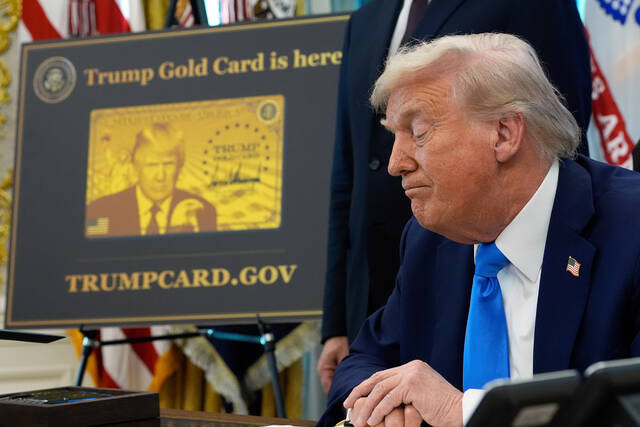Sen. Gary Peters, D-Mich., proposes to establish a new federal agency for designing and directing national industrial policy. Named the National Institute of Manufacturing, this agency would be led by what The Washington Post calls a “manufacturing czar, who could report directly to the president. This person would be called the chief manufacturing officer of the United States.”
Peters declares that “It’s important to put someone in charge.”
No. No. No. A billion times No!
Part of the essential nature of a market economy is that no one is in charge or could possibly ever be in charge. In free markets, consumers spend their earnings as each chooses. Entrepreneurs and business, old and upstart, compete vigorously against each other to garner sales as large as possible from consumers. And this interaction of spending, production and innovation is guided by prices set in these competitive markets.
When a firm discovers, say, a way to produce more steel using fewer inputs, the rising supply of steel causes its price to fall, thus prompting consumers voluntarily to purchase the additional steel. Or when consumer demand for wine rises, the higher price of wine encourages vintners to buy more grapes, and then the resulting higher price of grapes incites farmers to grow more grapes.
Free markets are served by the best guides possible: prices that emerge and change as a result of market competition. There is needed no commissar or government minister.
Also of vital importance is the role of profits and entrepreneurship. When Steve Jobs and other entrepreneurs introduced the smartphone, one result was the creation of a vast array of profit opportunities for other entrepreneurial people to seize by developing apps for these phones. And seize these opportunities they did — and continue to do.
Jobs — spurred on by the lure of profit and fortunate to live in a market economy that celebrates innovators — needed no prodding by politicians or bureaucrats to create one of today’s greatest companies. Indeed, any such officious prodding would only have hampered Jobs, and possibly have thwarted him altogether.
Ditto for Cyrus McCormick’s enrichment of society with his mechanical reaper. Ditto for Will Kellogg’s success at creating an industry based on dried breakfast cereals. Ditto for J.D. Rockefeller’s revolutionary improvement of the energy market. Ditto for Andrew Carnegie’s innovations in organizing steel production, for Henry Ford’s innovations in producing automobiles, and for Sam Walton’s innovations in retailing.
America’s extraordinary growth and prosperity are emphatically not the results of any “manufacturing czar” or of a government agency dedicated to overseeing and planning industrial development. Quite the opposite.
Our growth and prosperity are fruits of a policy and culture in which each of us with gumption is free, as the economic historian Deirdre McCloskey puts it, to “have a go” at opening businesses and innovating. We never needed the permission of officials to innovate. And we certainly never looked for entrepreneurial ideas from the likes of politicians and salaried government mandarins.
And so why does Peters think that we Americans now — with per-capita incomes more than 3½ times higher than those in China — should abandon the system of what my colleague Adam Thierer calls “permissionless innovation” in order to adopt Beijing-style bureaucratic fetters?







